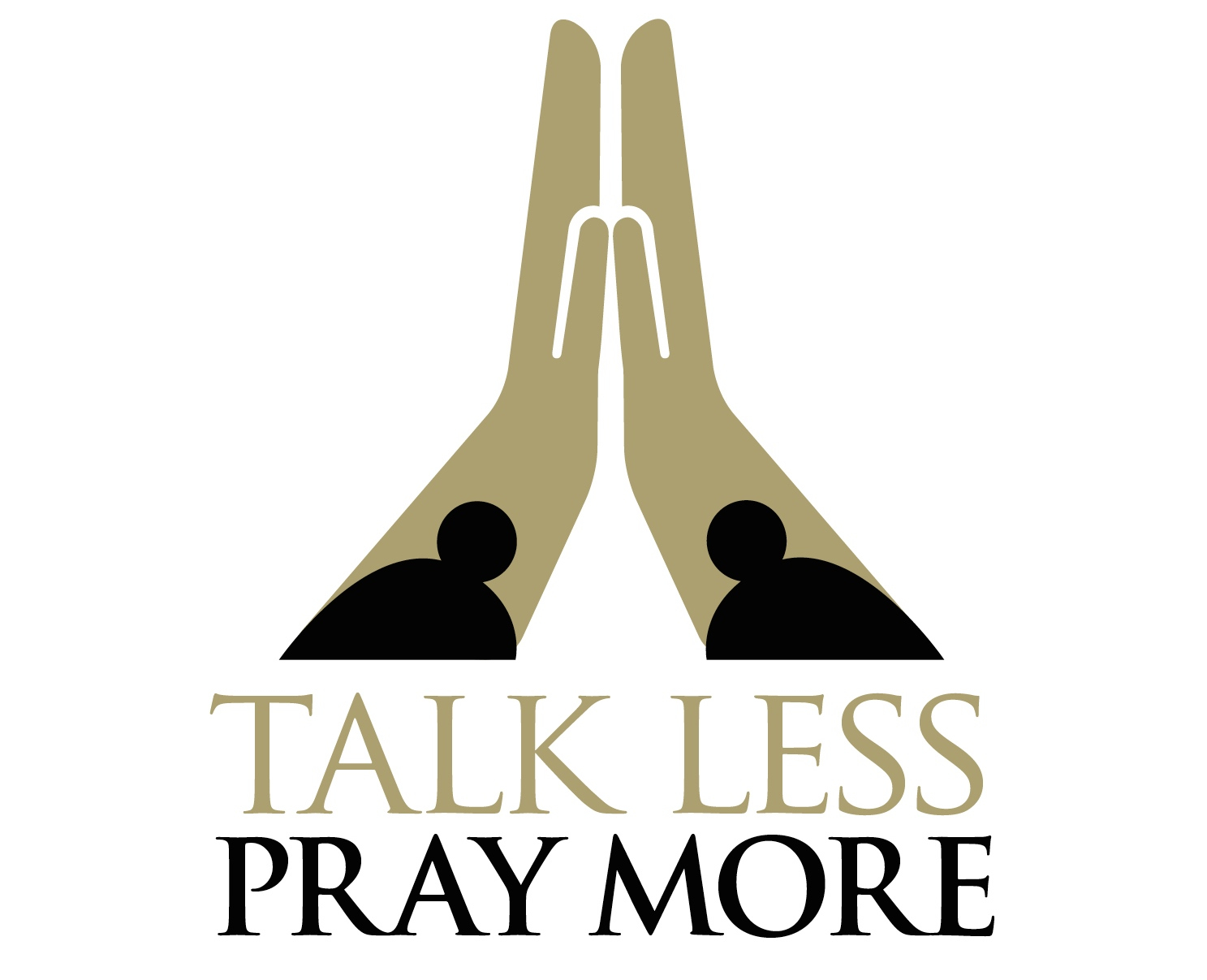"Not my will but Thy will..." Luke 22:42
Principle: Prayer is the means by which personal rights are released into the hands of God, in order to identify with the will of God.
Jesus remains the best model for people looking for a prototype of prayer. He set the standard for effective prayer, because He was honest to God. He did not hesitate to bring His requests before the throne of His Father, but by the time He finished praying, Jesus had yielded His rights into the hands of His Father.
Jesus prayed and shared with His Father the desires of His heart. The longer He prayed, the more His Father's will became the desire of His heart. The transforming of the will begins by the exchanging of the heart. The heart of God is transplanted in the children of God, through the process of prayer.
David was described as a man after God's own heart. This referred to His sense of direction, not his hold on perfection. When David wandered from the path that God had for Him, he found his way back to God in prayer. When David enquired of the Lord, his life stayed on course. When he allowed temptation to sway him away from the right path, he used prayer to bring about a course correction.
Jesus was sinless, and was not in need of correction. He still faced the temptation to make His own way, rather than yield to the direction God had for His life. In the matter of the cross, He prayed that God would let this cup pass from Him. It was not the pain of passion that he dreaded. Many men had been crucified before Jesus went to Calvary. Thousands had suffered the pain and endured the cross as a consequence of their rebellion to Rome. For Jesus, it was the separation from His Father that He dreaded.
Jesus prayed in the Garden of Gethsemane, for some way the will of God could be honored without having to experience the consequences of sin. The Scripture records that this time of prayer was a struggle that lasted throughout the night. By the end of His prayer, Jesus had identified with God's will for His life.
God provides prayers as His chosen tool to conform the will of man to His will. Perfunctory prayer provides God with a list of provisions God needs to supply. Honest prayer warrior should admit to God what they want, but be willing to receive from God what they need. Effective prayer brings about the yielding of personal rights, until there is an absolute identification with the will of God.
At first glance, prayer often appears as an opportunity for the prayer warrior to help God identify the things He needs to do for them. Jesus felt the freedom to bring to God in prayer what He wanted His Father to do for Him. When Jesus finished praying, He always ended in agreement with what God had in mind for Him. His supplication led to identification.
Prayer warriors may not agree with what God when they begin to pray. They need to stay in His Presence long enough to bring their will into line with the will of God by the time they end their prayer. They should have no fear in being honest to God. They will never shock God by admitting, what they want God to do for them. He already knows.
The twin sisters of answered prayer are the honesty to request what is wanted and the humility to receive what is needed. Prayer warriors never forget, "Father knows best."
The Practice of Prayer: Write two columns on the same piece of paper. The column on the left should be entitled: "What I Want from God" and the column on the right, "What I Need from God." Take time to give thought and prayer to each list. Be honest to God. You may be surprised at which list becomes more important to you, the longer you put it in the hands of God.
Thought for the Day: Identification with the will of God is a sign of a maturity in the child of God.
